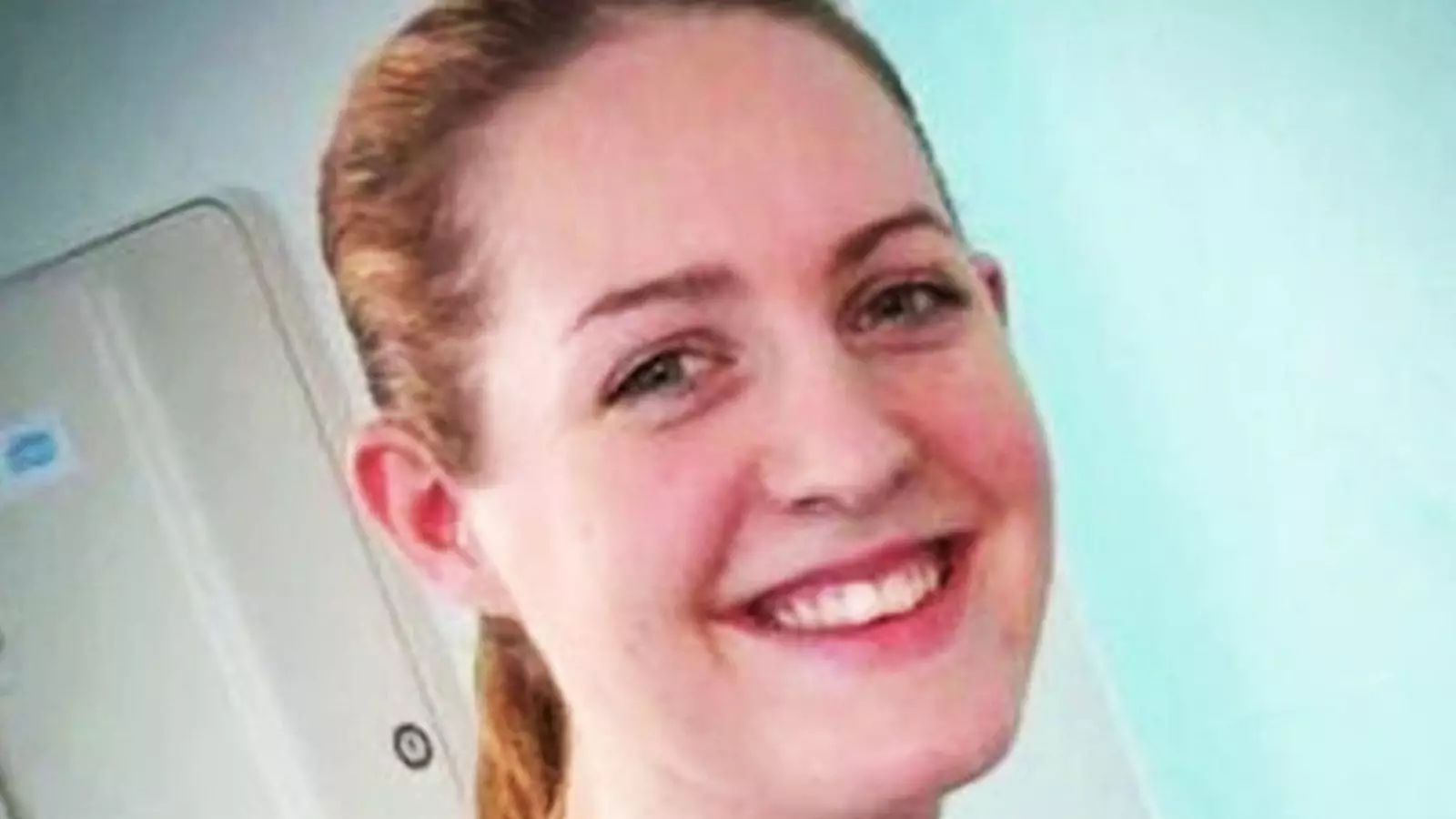In the harrowing case of Lucy Letby, a neonatal nurse sentenced for the deaths of multiple infants, questions surrounding systemic failures in healthcare have come to the forefront. Letby reportedly attacked several vulnerable babies while in her care at the Countess of Chester Hospital, a situation that will haunt the affected families forever. This case not only raises concerns about the actions of one individual but also leads us to critically evaluate the broader institutional responses, or lack thereof, in the face of alarming allegations.
Recent inquiries into the management of the situation have uncovered unsettling details, including how actions taken by hospital administration may have inadvertently enabled Letby’s continued presence in the neonatal unit despite growing tensions and suspicions. Tony Chambers, the former chief executive of the hospital, revealed that during a 2016 meeting addressing concerns about Letby, her father exhibited uncontrollable anger, culminating in threats against hospital administration. Describing it as a tumultuous encounter, Chambers noted, “Her father was very angry, he was making threats that would have just made an already difficult situation even worse.” The emotional turmoil surrounding this case is palpable, yet it does not excuse the failed protocols and oversight that allowed these events to unfold.
As testimonies from hospital officials continue to surface, the heap of missed opportunities for intervention grows ever more concerning. Chambers personally expressed deep regret for the pain inflicted upon the families as a result of inadequate responses to the growing number of unusual deaths among infants. He acknowledged that the governance and operational systems within the NHS trust failed to protect the most vulnerable patients. The question remains: how could such oversight occur within a reputable medical institution? Chambers articulated a notion that resonates with many in leadership: “It was not a personal failing. I have reflected long and hard as to why the board was not aware of the unexplained increase in mortality.” This reflection, though sincere, raises questions about the effectiveness of institutional oversight and its impact on accountability.
Scrutiny around the lack of effective communication emerges as another critical aspect of this case. Chambers emphasized that the interaction with the affected families could have been significantly improved. When families are facing unimaginable loss, timely and compassionate communication is paramount. The inquiry highlights a consistent theme: a health institution’s failure to effectively engage with families can lead to a cascade of mistrust and neglect. Chambers’ admission that “the communications with the families could have and should have been better” needs to be more than just a statement; it must catalyze reforms aimed at healing relationships between healthcare providers and the families they serve.
As more evidence comes to light through the ongoing inquiry, one must critically assess the role of leadership in safeguarding patients. Previous testimonies reveal that individuals like Alison Kelly, the hospital’s director of nursing during this dark period, faced their own struggles with ensuring patient safety amidst rising concerns. While she acknowledged her shortcomings, the overarching question remains: how do we ensure that leaders take requisite actions to protect patients when confronted with allegations of harm? Leadership cannot merely exist in a space of good intentions; proactive responsibility must translate into measurable actions to prevent further tragedies.
The Lucy Letby case serves as a sorrowful reminder of the critical need for cultural change within healthcare systems. It challenges us to confront the uncomfortable reality that patient safety should not only be a policy written on paper, but a lived experience in practice. Moving forward, healthcare institutions must commit to enhancing their responsiveness to concerns raised by staff, families, and the community. Continuous education on communication and accountability, alongside robust incident response protocols, must become the cornerstones of a responsible healthcare framework.
While the tragedy of Lucy Letby highlights individual malfeasance, it prompts a necessary examination of the systemic inadequacies that permitted such horrific acts to occur unchecked. The heart-wrenching pain for the families involved is an enduring reminder that proactive measures in healthcare are not just beneficial but essential for safeguarding lives.


Leave a Reply